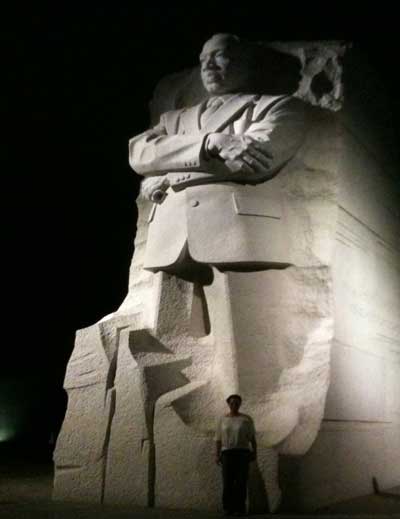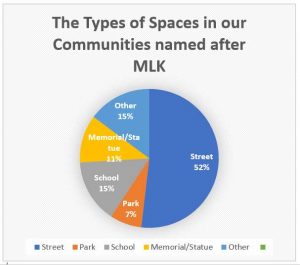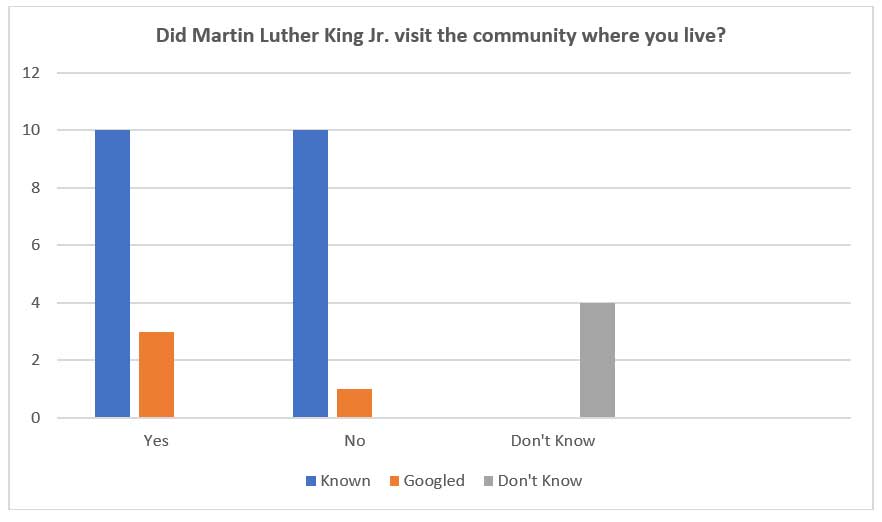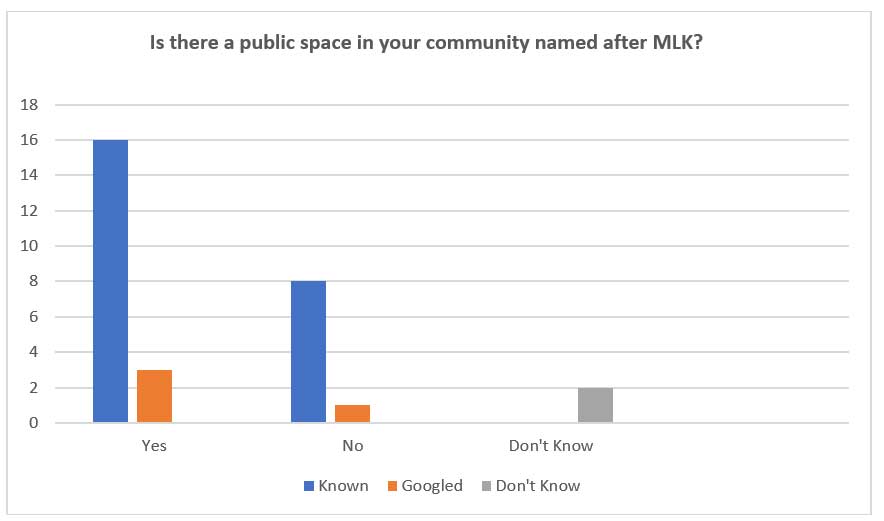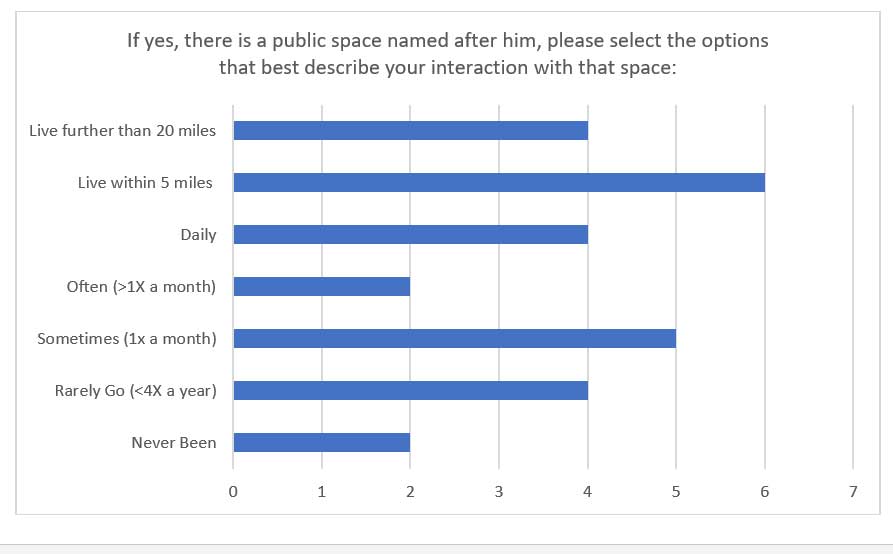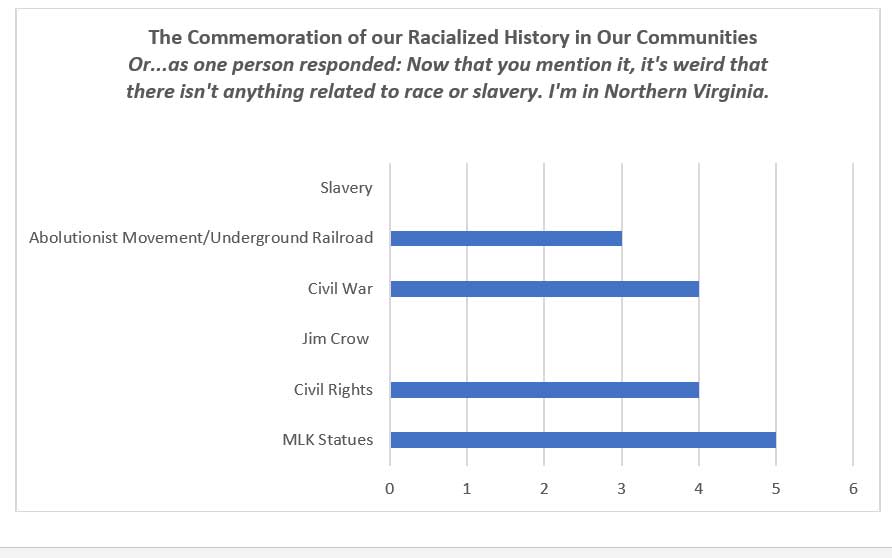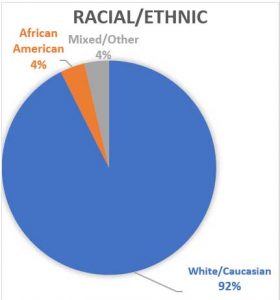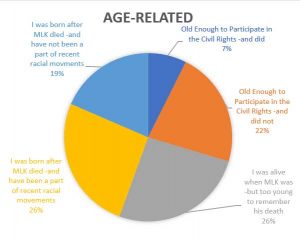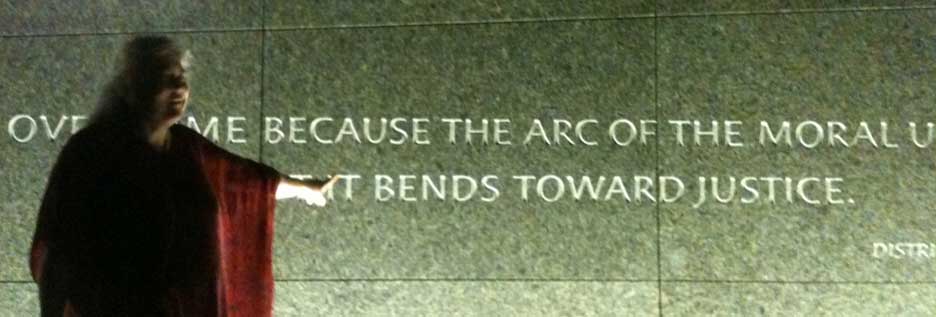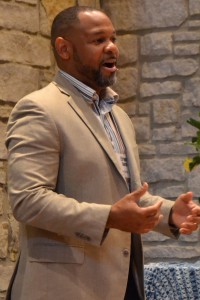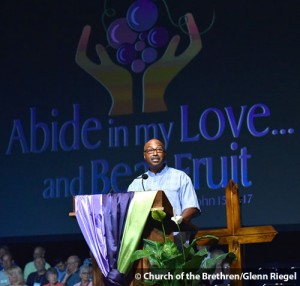
By Gimbiya Kettering (Writer, Washington DC)
1 Thessalonians 2:17-20 “Indeed you are our glory and joy.”
To those followers of Christ, the ones who had known him as man walking, eating, and sleeping, the weeks between the Resurrection and Pentecost must have felt barren. Jesus is risen. But to those who had touched the miracle of God made flesh that human Jesus was gone. Gone, too, were the miracles of the blind seeing, walking on water, and the water into wine. The world around them must have felt unchanged – the Roman Empire still an Empire, the poor and oppressed were still waiting for justice and freedom, and suffering continued in the forms of war and disease, and the dead did not rise from their tombs.
If it is easy to find faith in times of signs and miracles, then it is also easy to lose faith in ordinary times.
These are ordinary times. Covid-19, as it ravages the lives of individuals, the networks of families and communities, and whole countries is a uniquely devastating disease in our lifetimes. But history has been formed by plagues and pandemics. It was the diseases brought by Europeans that killed millions Indigenous peoples so that “the Americas” seemed ready and prepared for colonialization and settlement. It was the plagues in Europe before that brought an age of empire and domination. We are not the first peoples to pray, or not pray, in the midst of pandemics for miracles and hope and peace.
In the centuries since that first Pentecost, many denominations have searched to add meaning and richness to these weeks. Eastertide is named as a time for reflection and discernment as we await the gifts of the Spirit and the miracle of the good news spoken in every language. But this is a theology of hindsight. To those who would become the foundations of the early church, those weeks were not spent waiting for a predetermined outcome. They were a time much like ours when faith was like a darting, winged thing that flies from us when we run towards it. There is no certainty that is more than a figment. Nor can we be certain, if it is real, that we can catch it. This is not the same as being without faith.
Paul opened so many of his letters open with saying he missed the people he knew and had visited. I never understood that before this. I miss you. I know your lives and faiths are shaped by this pandemic, the loneliness of quarantines, the economic devastation, and the deaths of so many loved ones. It is hard to find the stillness of reflection or the strength of discernment. Still, it is spring and my children delight in the glory of creation. We catch ladybugs to set them free. Under the dry leaves there is a broken, sprouting acorn that looks like my hopeful heart. When we blow dandelion puffs, it is my prayers that catch the winds.
Good News: Through our fears and uncertainty we can have hope in Christ
Discussion Question: For what is our hope, our joy, or the crown in which we will glory in the presences of our Lord Jesus when he comes? (1 Thessalonians 2: 19)
Go one step further: If you can, go out into the glory of creation and observe the hope in the details of spring. If you cannot go outside, draw or write or paint from the memory of spring that makes you feel free.



